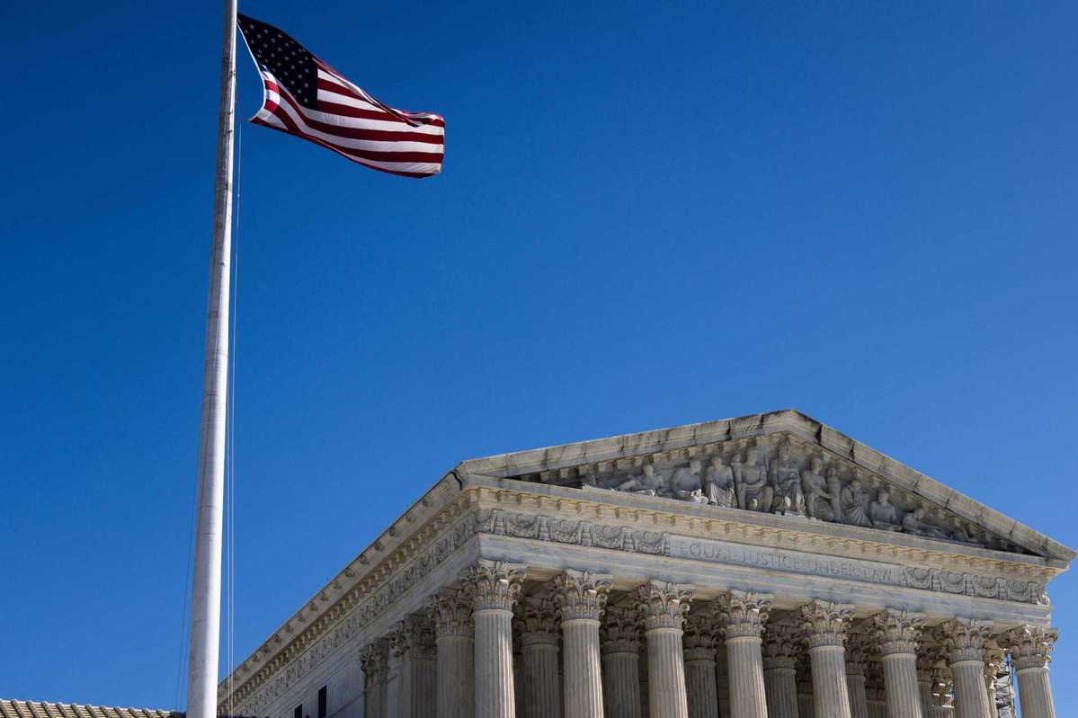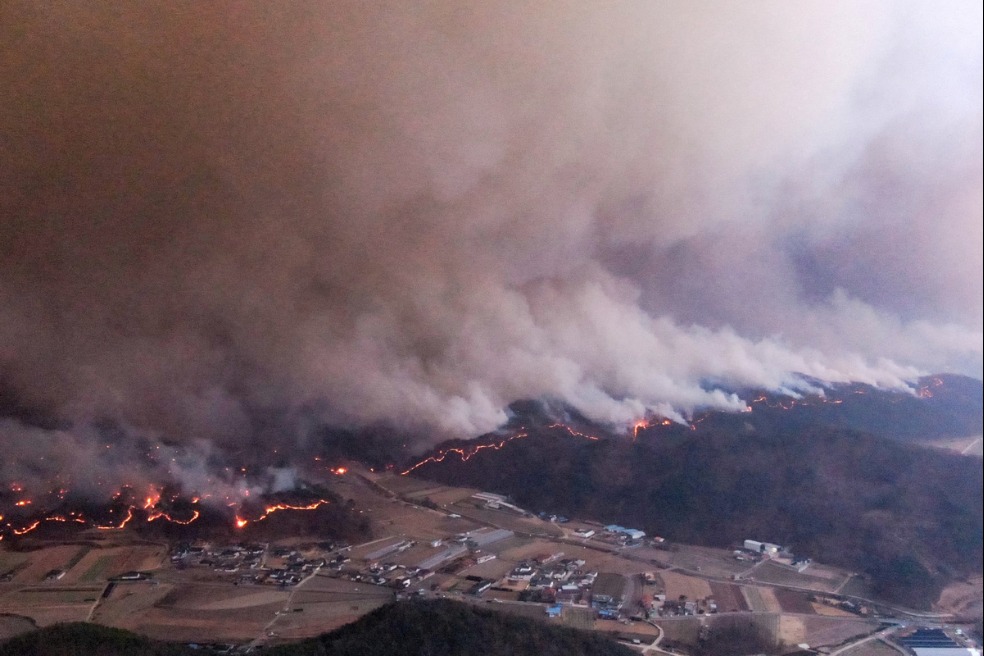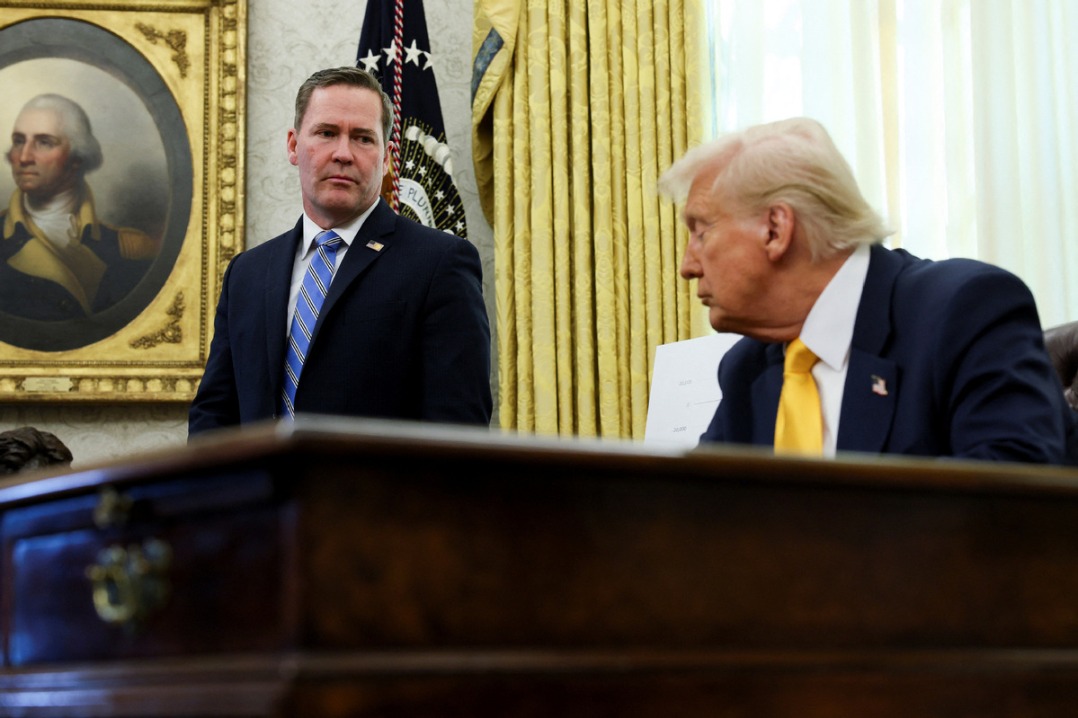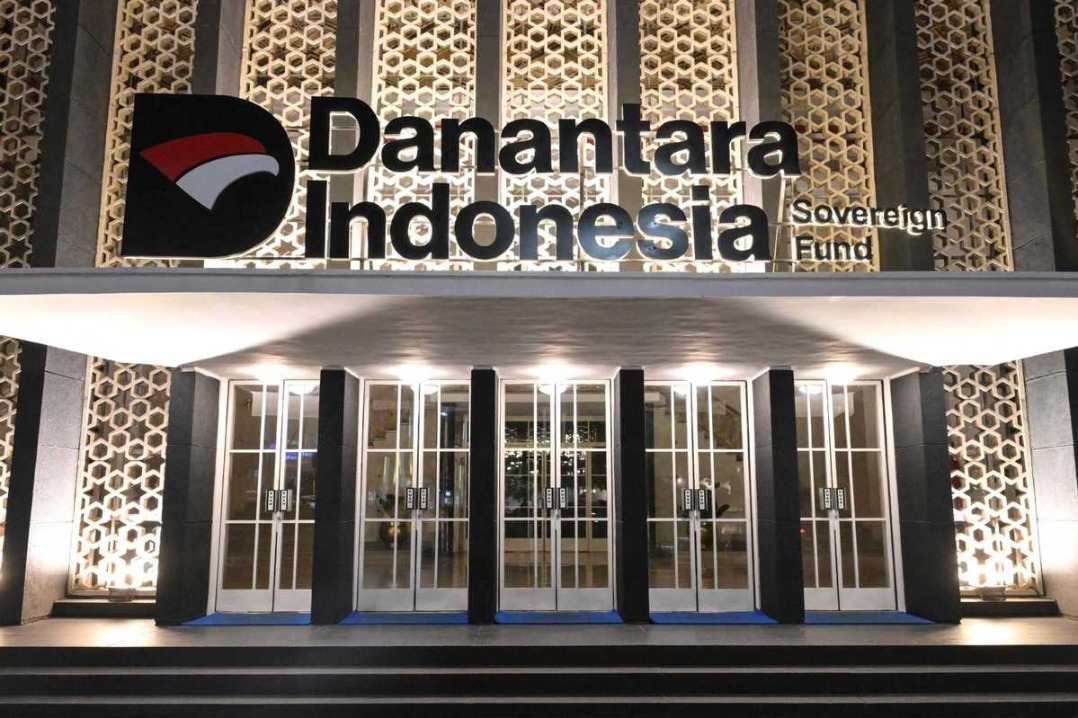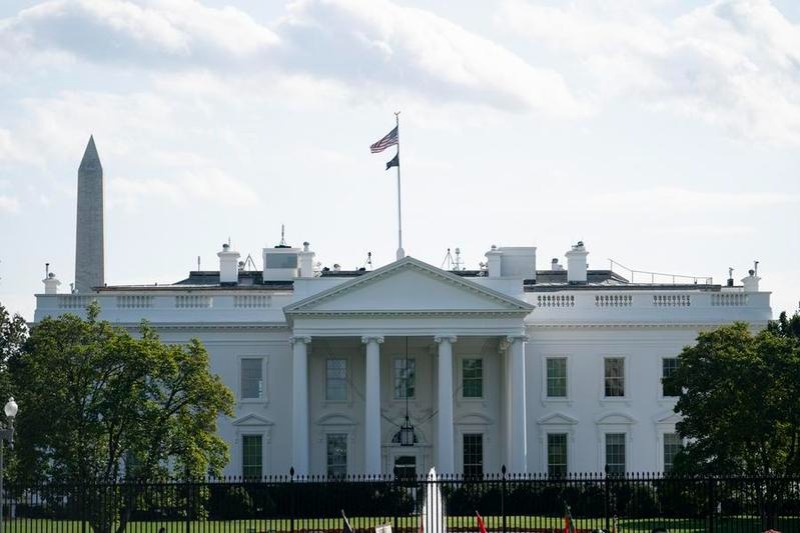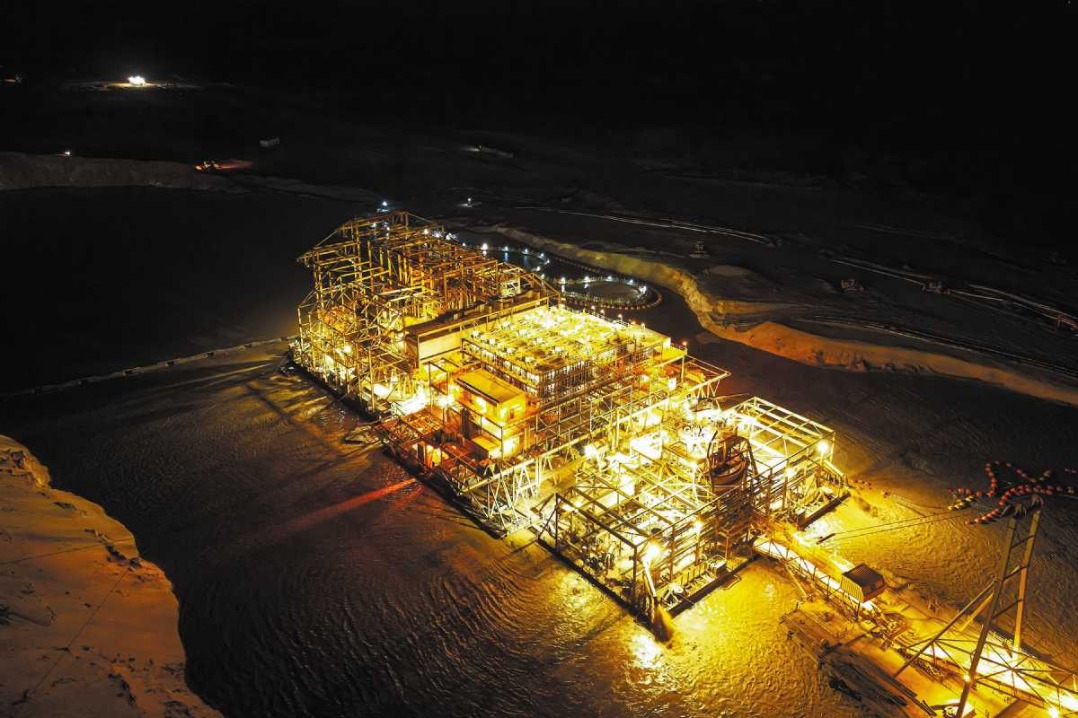Deals reached to protect Black Sea shipping

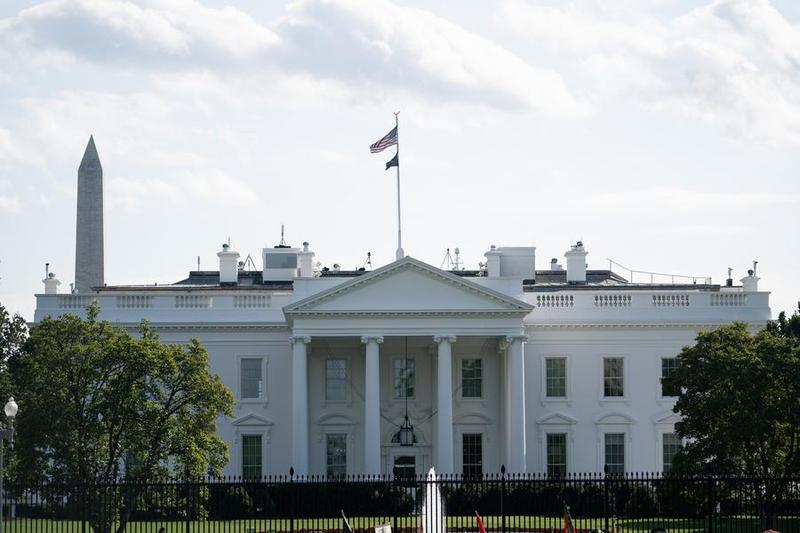
The United States announced agreements on Tuesday with Ukraine and Russia to ensure safe passage in the Black Sea and ban military attacks by the two countries on energy facilities.
The White House issued separate statements for Ukraine and Russia, summarizing the three days of talks in Riyadh, Saudi Arabia. Some of the points, such as on the Black Sea, contained the same language for both sides.
The statements said that the sides in the three-year-long war have "agreed to ensure safe navigation, eliminate the use of force, and prevent the use of commercial vessels for military purposes in the Black Sea".
Both statements concluded that President Donald J. Trump's "imperative that the killing on both sides of the Russia-Ukraine conflict must stop, as the necessary step toward achieving an enduring peace settlement".
Russian Foreign Minister Sergei Lavrov said: "We will need clear guarantees. And given the sad experience of agreements with just Kiev, the guarantees can only be the result of an order from Washington to Zelensky and his team to do one thing and not the other."
"If the Russians violate this, then I have a direct question for President Trump. If they violate, here is the evidence — we ask for sanctions, we ask for weapons, et cetera," Ukrainian President Volodymyr Zelensky told reporters in Kiev.
The Kremlin said in its own statement that the United States also vowed to help restore access for Russian agricultural and fertilizer exports to the world market, reduce the cost of insurance for maritime transportation, and enhance access to ports and payment systems for such transactions.
Zelensky said that the agricultural provision was "a weakening of positions and a weakening of sanctions".
Lifting restrictions on Russia's agricultural exports would also need the approval of the European Union, which currently is not likely, The New York Times reported.
The Black Sea Grain Initiative, originally brokered in July 2022 by the United Nations and Türkiye, sought to guarantee the safe passage of Ukrainian agricultural exports in return for the easing of Western restrictions on Russia's grain and fertilizer business. Moscow did not renew the deal in 2023, claiming that the West failed to uphold its commitments.
Russia also wants restrictions lifted on the Russian Agricultural Bank and other financial institutions involved in international trade of food and fertilizers, including reconnecting them to the SWIFT payment system.
"We're thinking about all of them right now," Trump said Tuesday of Russia's requests. "There are five or six conditions."
The statements also cited agreements to develop measures to enforce the previously reached 30-day ban on strikes against energy infrastructure.
One potential sticking point in the agreements is where the EU stands.
In a TV interview on Tuesday, Lavrov said that the approach taken by EU leaders on the conflict contradicts Trump's position.
Lavrov said the bloc's continued push for NATO membership for Ukraine stems from former US president Joe Biden's decision to push the EU toward a confrontation with Russia.
"In other words, they are in direct contradiction to the Trump administration," Lavrov said, noting that Trump, along with Secretary of State Marco Rubio and national security adviser Mike Waltz, had "made it clear that preliminary talks are underway on the parameters of the final settlement and that NATO should be off the table".
Lavrov said Biden made "a colossal mistake" by refusing to engage with Russia and insisting that Ukraine join the military bloc, "thereby creating an unacceptable threat for us".
Earlier this month, the UK and France discussed sending a military contingent to Ukraine once a ceasefire is reached.
Moscow called it a pretext for deploying NATO troops in the country, which it said could lead to a war between the military bloc and Russia.
The US and Ukraine also agreed that the United States "remains committed to helping achieve the exchange of prisoners of war, the release of civilian detainees, and the return of forcibly transferred Ukrainian children".
Both statements also said that the US, Russia and Ukraine "welcome the good offices of third countries with a view toward supporting the implementation of the energy and maritime agreements".
















